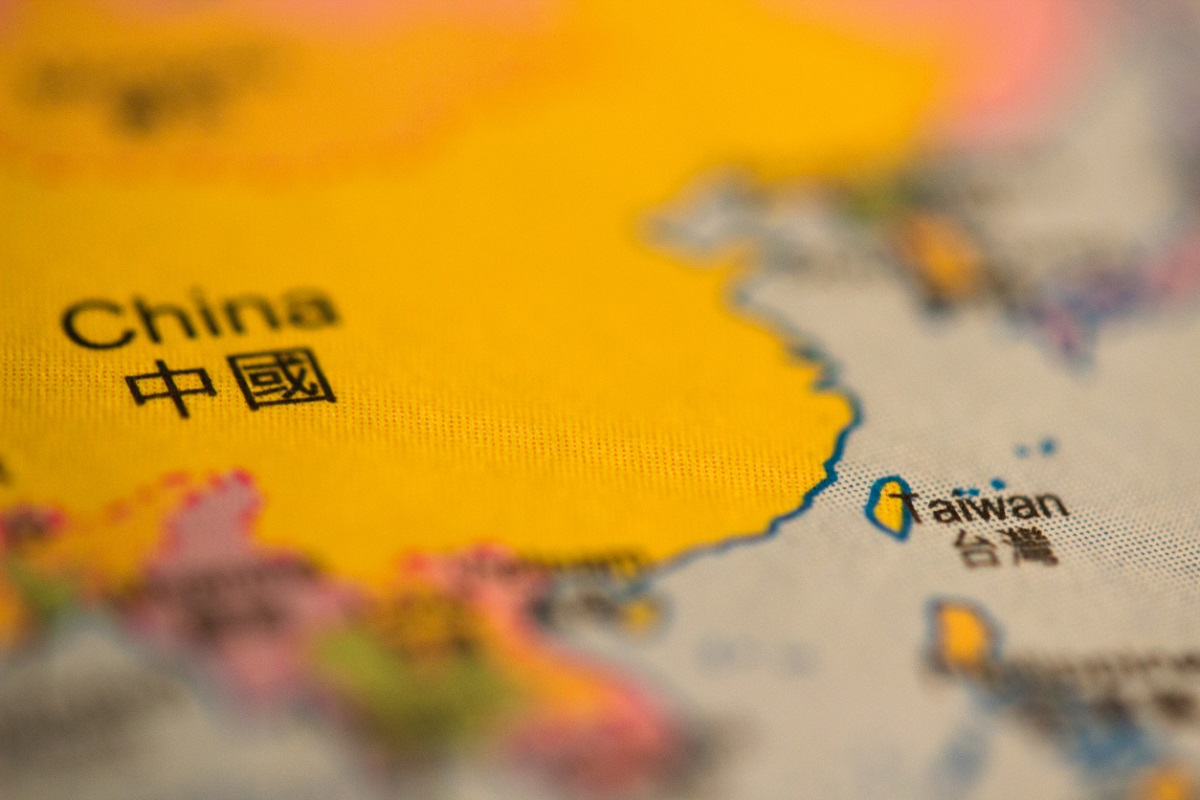Trump must be isolated
After the public spat that President Donald Trump had with President Zelenskyy of Ukraine, a few facts emerge. The American dislikes the Ukrainian intensely.
Matters are reaching a point where a trilateral strategy between the USA, Japan, and Taiwan to fend off Beijing’s attempts to bring its ‘renegade province’ to heel is becoming imperative.

(Representational Image: iStock)
There is consensus in world capitals that the heightened tension in Taiwan – which is now taking the shape of a military crisis across the Taiwan Strait between the island nation and mainland China ~ is the most urgent threat to global security.
Matters are reaching a point where a trilateral strategy between the USA, Japan, and Taiwan to fend off Beijing’s attempts to bring its ‘renegade province’ to heel is becoming imperative.
Advertisement
After all, the longstanding US-Japan alliance has been premised on three key pillars: The defence of Japan, maintaining peace on the Korean Peninsula, and preventing and/or coping with a military conflagration across the Taiwan Strait.
Advertisement
China’s militant posture vis-a-vis Taiwan and Beijing’s aggressive activities around Japan’s Senkaku Islands which are also claimed by the Asian behemoth have resulted in Tokyo upping the pressure on Washington to get more pro-active in the region.
The thinking, according to Yoichi Kato of the Waseda Institute of Asia-Pacific Studies, one of the most respected analysts on the region, is that Taiwan’s problem is also Japan’s problem which, in turn, makes it America’s problem too.
If the Chinese were to attack Taiwan and the Americans come to the latter’s defence as they have made clear they would, the perception is that Japan would inevitably be dragged into the conflict because Tokyo hosts US Armed Forces at several major bases and facilities throughout the country. This includes the US Seventh Fleet.
Taiwan and Japan are also situationally in the same operational theatre when it comes to potential aggression from China. Domestically in Japan, polling shows overwhelming support among the population for a “resist China and assist Taiwan” policy.
In the recent past, when China imposed sanctions on the import of pineapples from Taiwan, Japanese consumers responded by voluntarily purchasing Taiwanese pineapples; similarly, when Taiwan was struggling to secure Covid-19 vaccines because China allegedly blocked their import, Japan donated vaccines to Taiwan and Taipei’s decision to join the Comprehensive and Progressive Agreement for Trans-Pacific Partnership (CPTPP) trade framework was strongly supported by Tokyo.
It in this context that Prof. Kato, among other experts, underlines the need for a trilateral framework to take on China, which emanates in large measure from Japan’s limitation of having only a “working relationship on a non-governmental basis” with Taiwan, “a consequence of switching its diplomatic recognition from Taipei to Beijing five decades ago, when the expectation for the relationship with China was much more optimistic”.
Advertisement